Palestinians expressed disappointment and anger at the United States on Tuesday, after Washington said it had concluded that Shireen Abu Akleh, a Palestinian American journalist killed while reporting in the occupied West Bank, was likely shot unintentionally by a bullet fired from Israeli military lines.
The US conclusion renewed Palestinian claims that the United States does not act as a fair broker in the Israeli-Palestinian conflict, days before a visit to the region by President Joe Biden, who has not reversed several Trump administration moves that Palestinians deemed harmful to their hopes of independence.
The State Department assessment released contradicted the official Israeli position that Abu Akleh, a veteran television broadcaster shot dead in the city of Jenin on May 11, might have been hit by either Palestinian or Israeli fire.
But by asserting that she was shot by accident, and that the fatal bullet was too damaged to match it with a specific rifle, the United States also signalled that it did not expect Israel to pursue criminal charges against any particular soldier.
The US conclusions “provided the occupying state with a safe way of evading responsibility for killing Abu Akleh, using flimsy and feeble pretexts,” the Palestinian Authority’s ministry for foreign affairs said in a statement.
The Biden administration said it had acted independently of Israel and had not exonerated Israel of involvement.
For years, Palestinians have questioned Washington’s ability to neutrally mediate the Israeli-Palestinian conflict, citing strong US support for Israel at the United Nations and the size of US financial and military support to Israel, which has cumulatively received more US aid than any other country since World War II.
Against that backdrop, the Palestinian Authority, which administers parts of the West Bank, including the city where the shooting occurred, initially ignored weeks of US pressure to share the bullet that had killed Abu Akleh, 51, with Israeli investigators.
But the Palestinian Authority reversed positions on Saturday, handing over the bullet after US officials had argued that a forensic examination might link the bullet to the rifle that fired it.
The inconclusive findings of the subsequent test, and the US assertion about the accidental nature of the killing, fueled a sense of betrayal among Palestinians, resurfacing charges of pro-Israel bias in Washington.
Ned Price, a spokesperson for the State Department, said that US investigators had not favoured either the Israelis or the Palestinians. He added that the US analysis of the bullet was based on tests by independent foreign experts, not Israeli ballistics specialists.
“Our goal in this was not to please everyone,” Price said. “Our goal in this was not to please anyone.”
The US intervention came days before a visit by Biden to Israel and the West Bank, his first as head of state, in which he is expected to avoid making major statements on the Israeli-Palestinian conflict.
It also occurred amid rising Palestinian frustration that the Biden administration has not cancelled several moves by president Donald Trump that Palestinians felt damaged efforts to create a Palestinian state.
Despite promising to reopen the US Consulate in Jerusalem to the Palestinians, closed under Trump, the Biden administration has kept it shut following pressure from Israel. The Palestinian mission in Washington, also shuttered under Trump, remains closed. The Trump administration’s decision to reverse decades of US policy and recognise as legitimate Israeli settlements in the West Bank — considered illegal by most of the world — has not been formally rescinded.
Some Palestinians nevertheless had hoped the Biden administration might at least push Israel to conduct a criminal investigation into Abu Akleh’s death.
But this week, US officials have suggested that the US government is unlikely to push for an Israeli prosecution. The State Department’s statement stressed that the US had “no reason to believe” that Abu Akleh’s killing was “intentional but rather the result of tragic circumstances.”
– New York Times
Patrick Kingsley
The writer is an international correspondent for NYT




